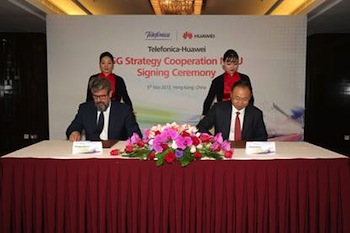Liquid Voice has partnered with Eyrco to offer enterprise customers across Ireland a portfolio of call recording and analytics solutions and services.
The partnership extends an exclusivity agreement to Eyrco to offer the Liquid Voice portfolio of call recording and monitoring solutions including analytics tools.
"Eyrco has one of the largest and best qualified voice engineering teams in Ireland and as part of our agreement we will be working closely to deliver call recording solutions that meet the most stringent service level agreements, regulatory compliance and best practice for our joint customers," said Chris Berry, Sales & Marketing Director of Liquid Voice.
Although a new brand name, Eyrco has been providing call recording, technical solutions and services to the Irish Market for over 17 years.
"Eyrco now has a dedicated focus on telephony across voice, call recording and analytics and a strategy that will allow us to become much closer to our core suppliers to deliver the highest quality and best value solutions to our existing and growing customer base,"
"Demand for call recording is growing especially as new regulatory requirements come into force but what Liquid Voice offers on top of compliance is the ability to utilise call analytics," added Mark Evans, Managing Director for Eyrco.

 The offer of a free flu jab was hard to resist for 60 Nimans staff who 'got the needle' from a qualified nurse.
The offer of a free flu jab was hard to resist for 60 Nimans staff who 'got the needle' from a qualified nurse. Huawei and Telefónica have signed a Memorandum of Understanding to work together on 5G.
Huawei and Telefónica have signed a Memorandum of Understanding to work together on 5G. Dartford-based reseller Astro Communications has called on channel companies to embrace apprentice training after securing double success at the annual Institute of Telecommunications Professionals Awards.
Dartford-based reseller Astro Communications has called on channel companies to embrace apprentice training after securing double success at the annual Institute of Telecommunications Professionals Awards.